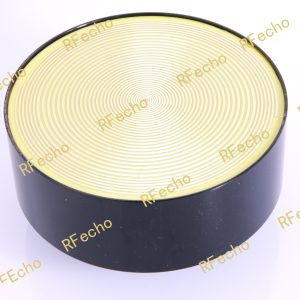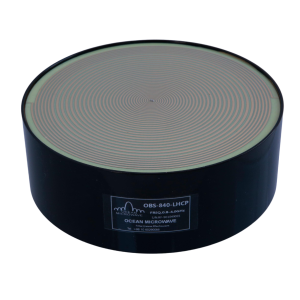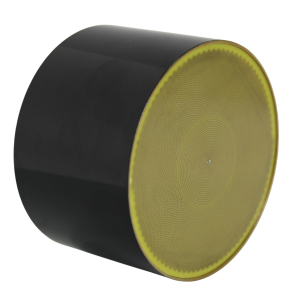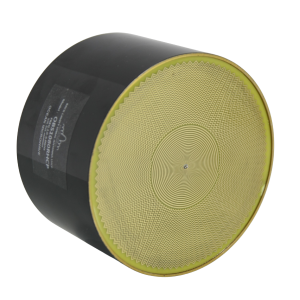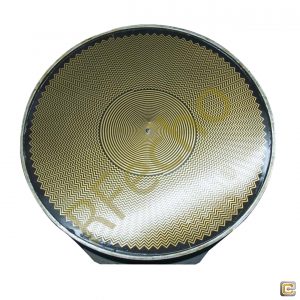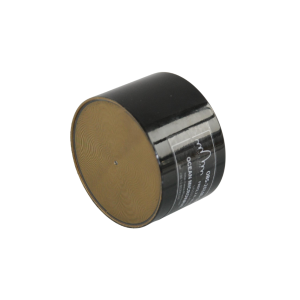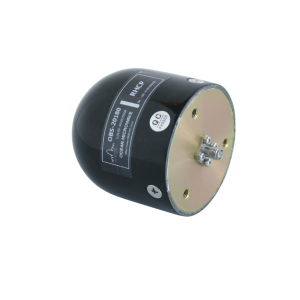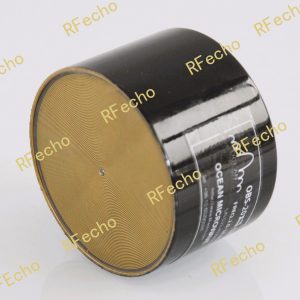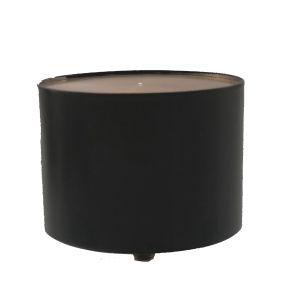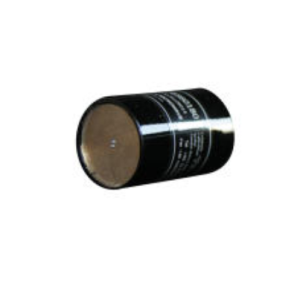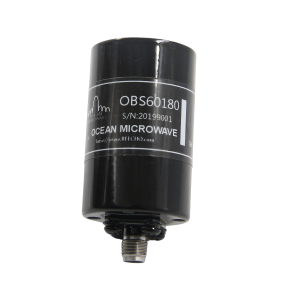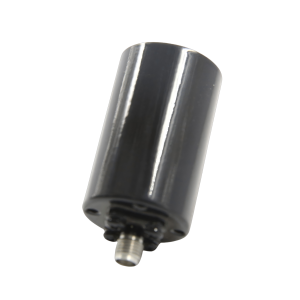Cavity Backed Spiral Antenna
The spiral antenna, one of the frequency-independent antennas, they have emerged as the leading candidate for various commercial and military applications requiring broadband circularly polarized (CP) operation. They consist of N-arm angular-defined wires or transmission lines and produce circularly polarized waves. Several types of them, such as Archimedean, Log, and Hybrid spiral antennas, are mainly used for directionfinding. A spiral antenna isolated in free space operates as a wideband antenna that radiates a bi-directional circularly polarized (CP) beam perpendicular to its planes. However, in most cases, a unidirectional pattern is preferred to detect reflections from or transmit towards onedirection only and to minimize interference arising from outside sources. And this is accomplished by backing the spiral with a cavity containing an electromagnetic absorber or a perfect electromagnetic conductor (PEC) reflector as a ground plane. However, the drawback for the latter is that the distance between the antenna and conducting plane should be in the order of a quarter wavelength to retain the antenna’s circularly polarized (CP) performance.As for the former, the interaction of the spiral arm ends with the cavity wall, producing destructive reflected currents traveling back to the center of the spiral. This eventually deteriorates the CP performance of the antenna. To retain the polarization purity, the cavity can be fully or partiallyfilled with microwave-absorbing materials. As known, when the cavity is completelyfilled with the absorber, the radiation efficiency is poor. Therefore, the partially filled cavity is a preferred alternative, as it can be peripherally placed inside the cavity such that it effectively suppresses the reflected currents at the spiral arm ends, while it does not disturb the spiral active region.A sample of cavity-backed spiral antennas is given in Fig. 1.
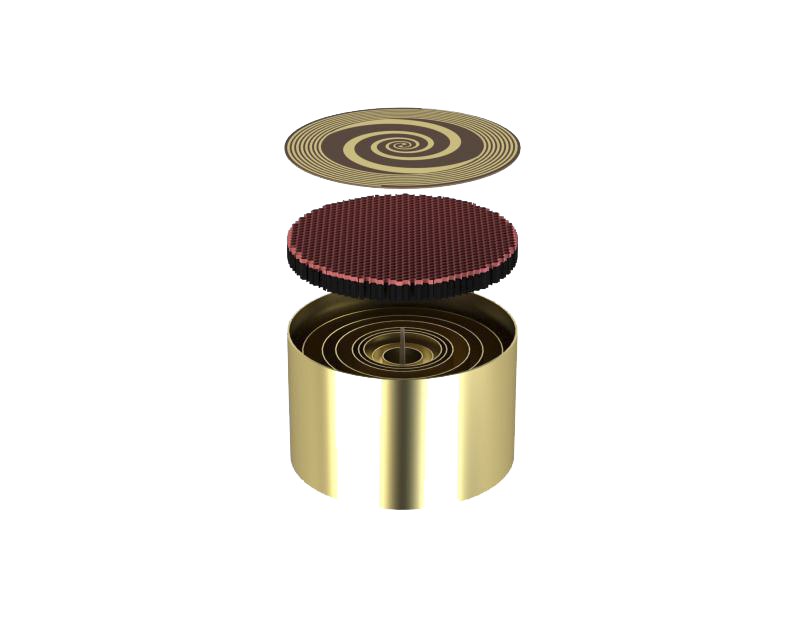
Fig. 1. A sample of cavity-backed spiral antennas
Spiral antenna-based systems are primarily suited to satellite communications, GPS tracking systems, aerospace applications, and modern avionics due to their CP radiation properties.These antennas are highly effective for reliably talking to both vertically and horizontally polarized stations and reducing signal fade. With the recent development of commercial satellites, it is often desirable to communicate directly between an aircraft and a tracking satellite located above theflight path of the aircraft regardless of its bearing. All space communication has enforced the use of CP waves to ensure successful links with spacecraft and orbiting satellites at all times. In addition to circular polarization, the need for more and more radio spectrum to be available to users, the absence of suitable installation platforms for too many antennas, the need for improvement in radar resolution, and the demand for high data rate systems have prompted the development of wideband antennas. To meet these requirements, considerable research efforts have been put into developing cavity-backed spiral antennas that ensure excellent quality circular polarization across very wide bandwidths.Download Catalog
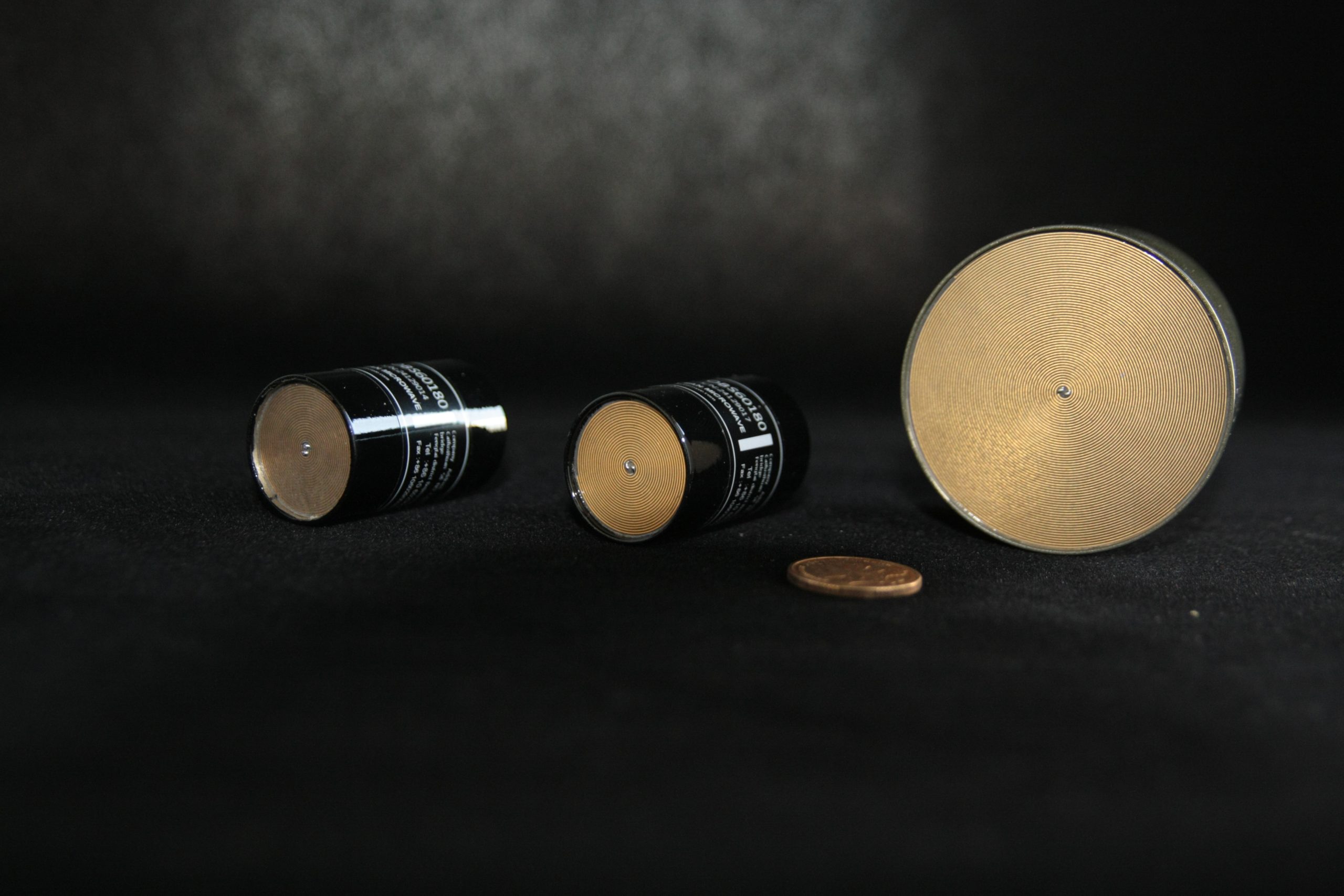
- Sorry, this product cannot be purchased.

